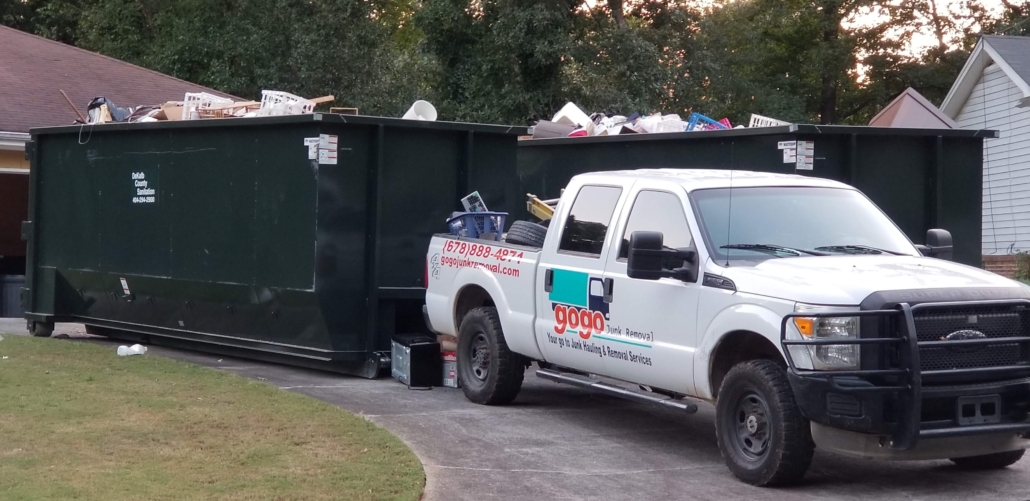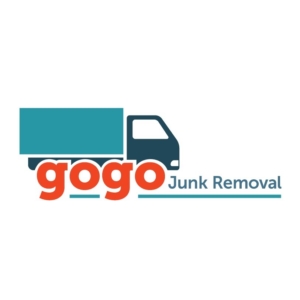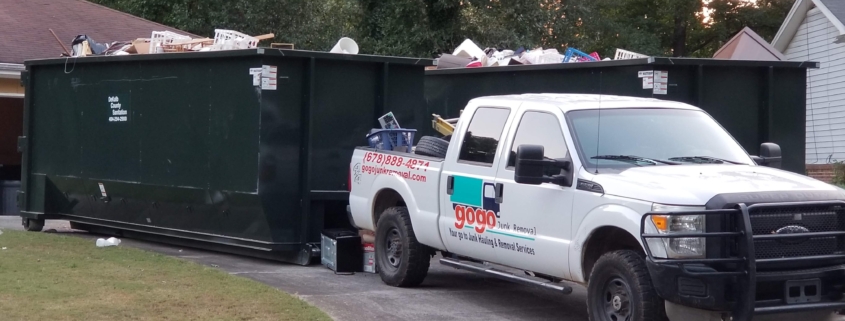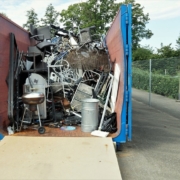15 Things You Didn’t Know About DeKalb County Junk Hauling
DeKalb County’s junk hauling is more than a trash service; it’s a community effort with surprising details. Let’s explore what makes it unique.

- Community Origins: Junk hauling started as a community initiative to maintain cleanliness and promote environmental health. Local collaboration ensures everyone helps keep the area beautiful.
- Advanced Technology: With GPS tracking and smart scheduling, collections are timely and efficient, reducing emissions and supporting environmental goals.
- Sustainability Focus: Recycling and reusability are priorities. Items are sorted to minimize landfill impact, and residents are encouraged to separate waste responsibly.
- Local Partnerships: Collaborations with businesses and charities help redistribute usable items, supporting both the economy and community welfare.
- Hazardous Material Handling: Trained teams safely dispose of hazardous waste, protecting both people and the environment.
- Community Outreach: Programs educate residents on waste reduction, fostering a culture of environmental responsibility.
- Innovative Recycling: Facilities use techniques like chemical recycling to transform waste into resources, boosting the green economy.
- Customer Service: Dedicated teams provide personalized assistance, ensuring a smooth experience for residents.
- Customized Solutions: Tailored services meet diverse needs, from commercial operations to home cleanouts.
- Educational Workshops: Interactive sessions empower residents with practical knowledge on sustainable living.
- Efficient Scheduling: Coordinated systems ensure timely pickups, enhancing service delivery.
- Agency Collaboration: Partnerships with environmental agencies guide sustainable practices and improve waste management.
- Cleaner County Promotion: Initiatives reduce littering and promote responsible disposal, advancing the green agenda.
- Worker Safety: Ongoing training and safety protocols protect employees, emphasizing operational excellence.
- Continuous Improvement: Regular assessments drive innovation, ensuring efficient and reliable services.











